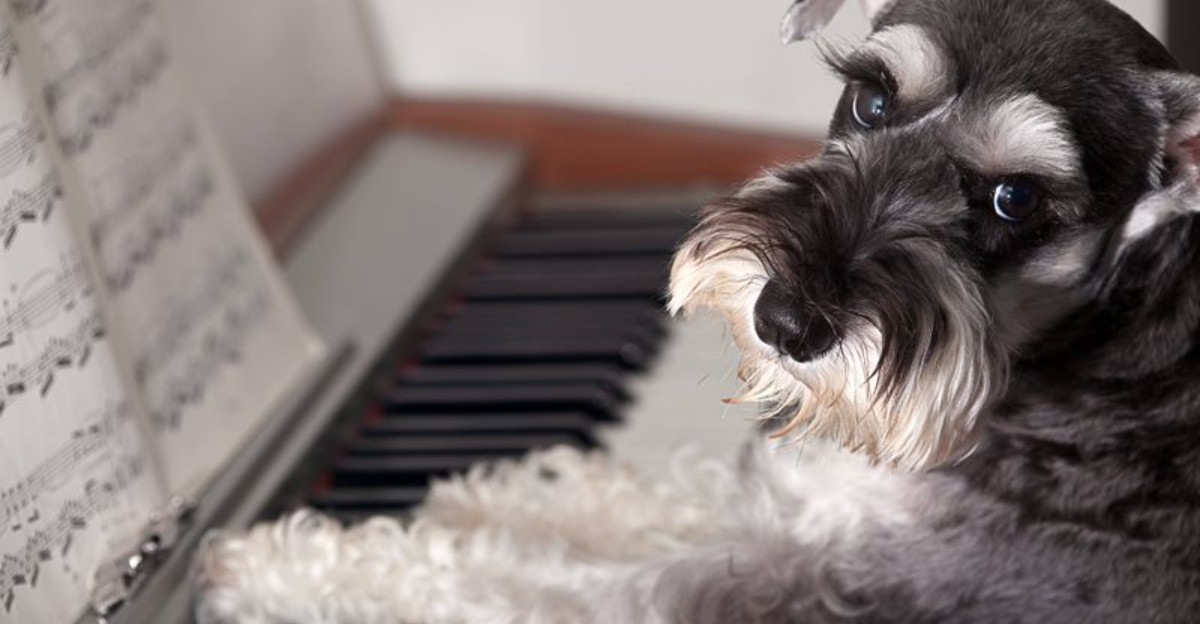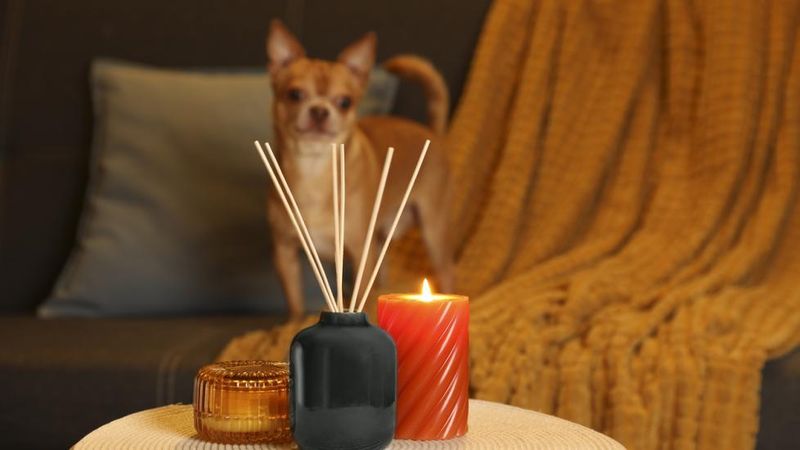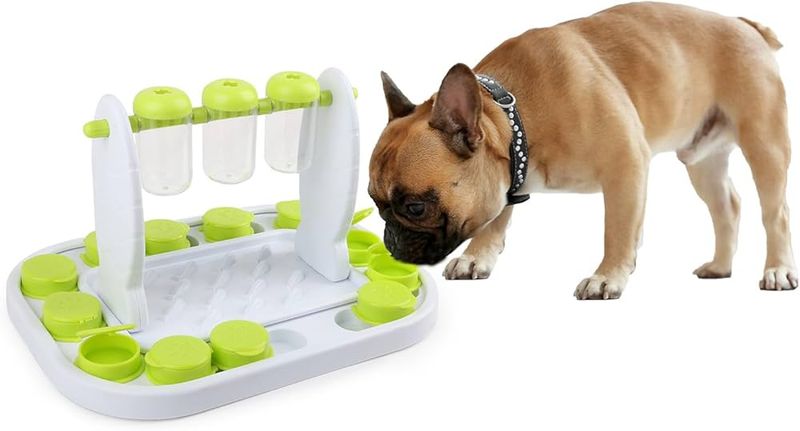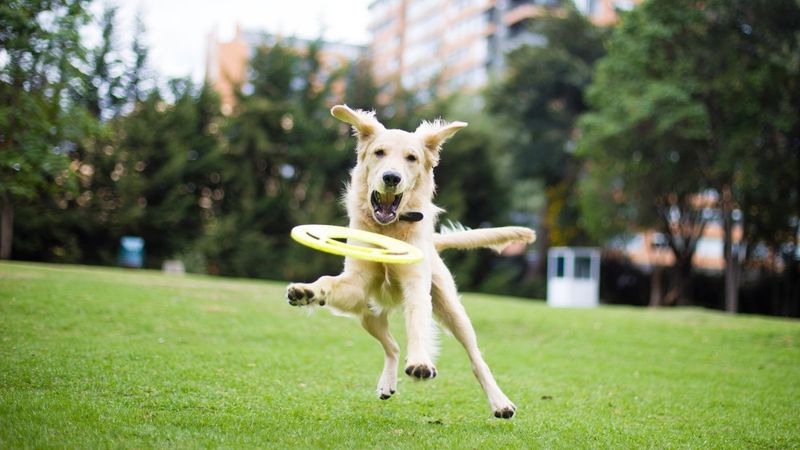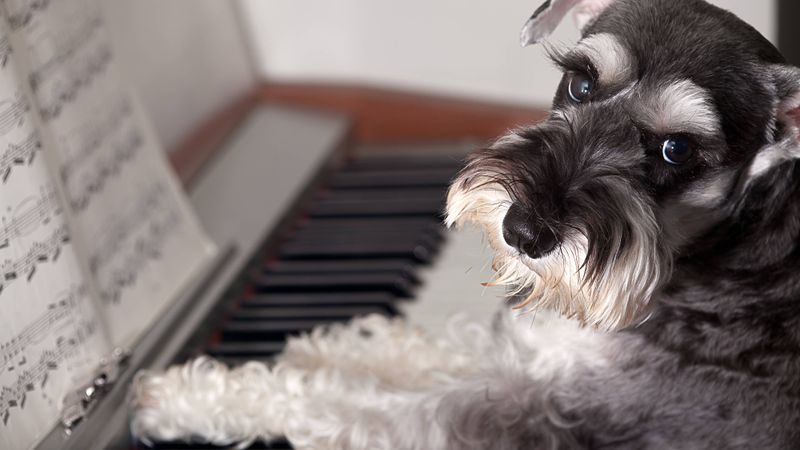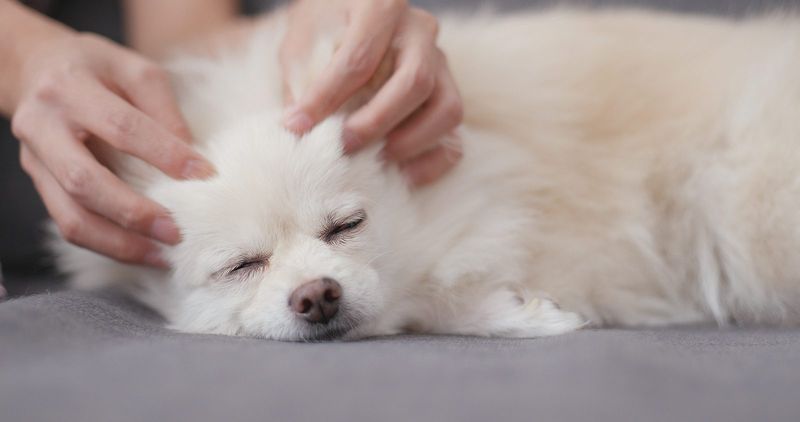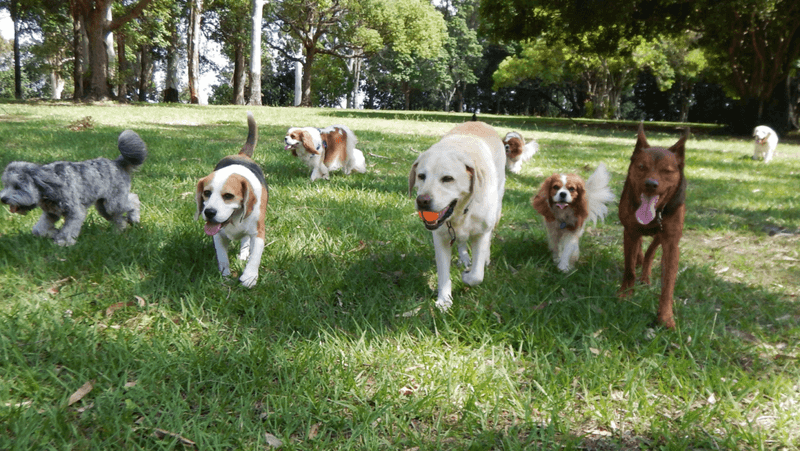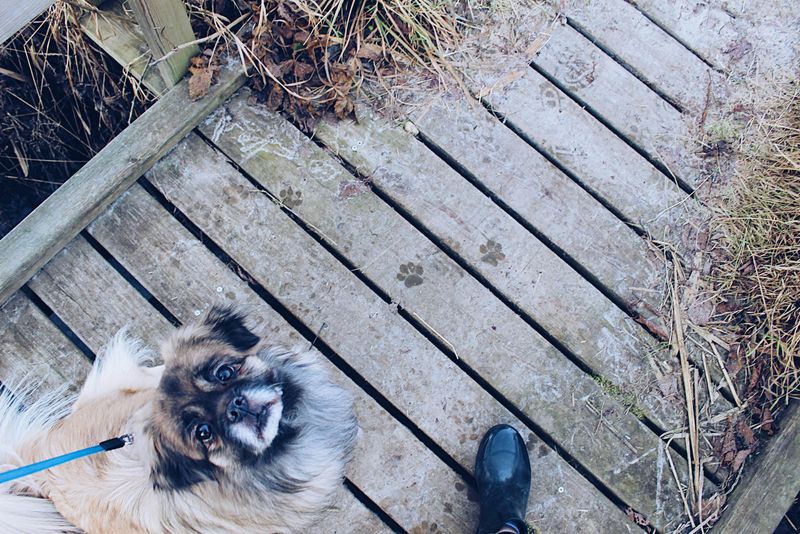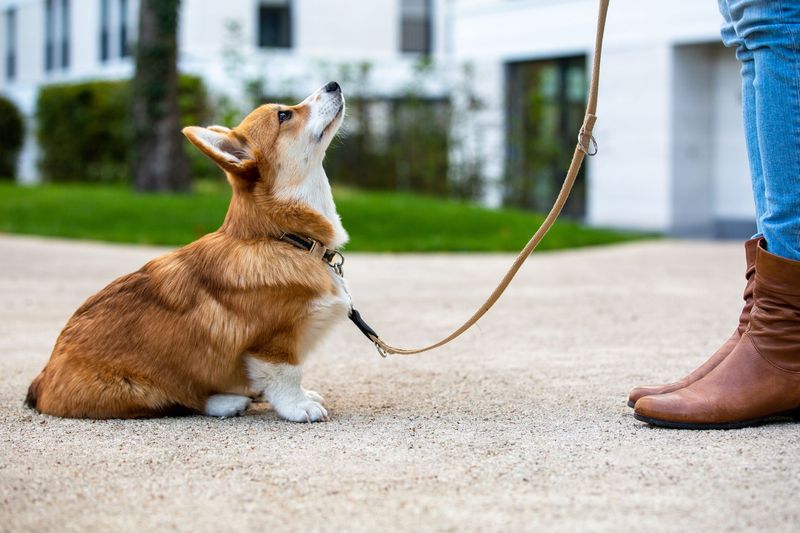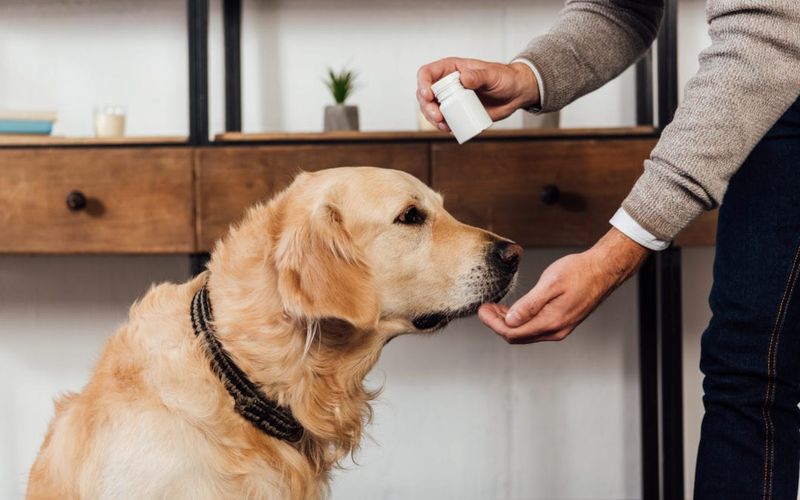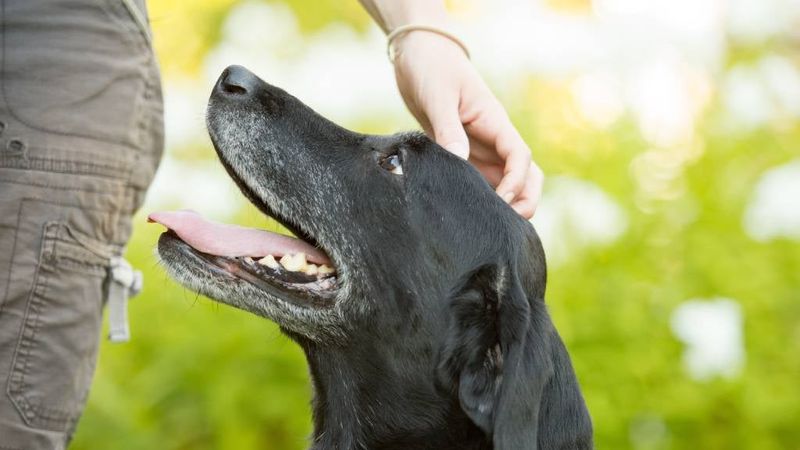Dog anxiety can manifest in various behaviors, from excessive barking to destructive tendencies. Managing this anxiety without medication is not only possible but also beneficial for your furry friend. Here are 13 effective strategies to ease your dog’s anxiety naturally.
Aromatherapy with Essential Oils
Aromatherapy isn’t just for humans; dogs can benefit from it too. Essential oils like lavender can have a calming effect on anxious canines.
A gentle mist from a diffuser can fill the room with soothing scents, turning a tense atmosphere into a calm haven.
However, it’s crucial to use oils specifically safe for dogs and consult your vet to avoid any adverse reactions. This aromatic approach can provide a sense of security for your pet.
Interactive Puzzle Toys
Keeping your dog mentally stimulated can significantly reduce anxiety. Interactive puzzle toys challenge them to think and solve, diverting their focus from stress.
Picture your clever pup eagerly trying to unlock the treat hidden within the toy. These toys serve a dual purpose: entertainment and anxiety reduction.
The joy of discovery keeps their mind occupied, offering a healthy distraction from anxious behaviors.
Exercise and Playtime
Exercise is a natural stress reliever, and that goes for dogs too. Regular playtime helps burn off excess energy and reduces anxiety.
Imagine the thrill in your dog’s eyes as they chase after a frisbee, the world forgotten momentarily.
Engaging in physical activities not only strengthens your bond but also promotes mental well-being in your canine companion.
Calming Music for Dogs
Music soothes the soul, and that holds true for dogs too. Playing calming tunes can create a peaceful environment, helping to alleviate anxiety. Soft classical or specially designed dog music works wonders.
Imagine your furry friend lying on the floor, eyes half-closed, drifting into tranquility. It’s a simple yet powerful way to combat anxiety.
A regular dose of calming music can turn anxious moments into periods of relaxation, making it a natural remedy worth trying.
Massage Therapy for Dogs
Massage isn’t just a luxury for humans—dogs enjoy it too. A gentle massage can ease tension and soothe an anxious pup.
Feel the connection grow as you knead away stress from your dog’s muscles, creating a bond of trust and comfort.
Regular massages can become a therapeutic ritual, ensuring relaxation and happiness for your four-legged friend.
Creating a Safe Space
Every dog needs a sanctuary—a place they can retreat to when the world feels overwhelming. Creating a safe space with their favorite bed and toys can reduce anxiety.
Envision your Bulldog, snug in their personal corner, feeling secure and at ease. This designated area becomes a refuge from stressors.
Providing a consistent and comforting environment can significantly ease your dog’s anxious moments.
Proper Socialization
Socialization plays a key role in reducing anxiety. Introducing your dog to new friends and environments can build their confidence.
Picture a Poodle in the middle of a playful pack, tail wagging and spirits high. Such interactions are vital in preventing fear-based anxiety.
Gradual exposure to different situations helps your dog adapt and feel more secure in their surroundings.
Consistent Routine
Dogs thrive on routine. A consistent schedule for meals, walks, and playtime can help reduce anxiety by providing a predictable environment.
Visualize a daily planner adorned with paw prints, guiding your day with structured activities.
This regularity brings a sense of stability, making it easier for your dog to relax and enjoy each moment.
Training and Commands
Training provides mental stimulation and reinforces good behavior, reducing anxiety. Commands like ‘sit’ and ‘stay’ help manage stress.
Imagine a focused German Shepherd, eyes fixed on their owner, eager to please. This process builds trust, communication, and security.
Consistent training can transform anxiety into confidence, making everyday life more manageable for your dog.
Desensitization Techniques
Desensitization involves gradual exposure to anxiety triggers, helping dogs overcome fears. This method requires patience but offers lasting results.
Picture a Terrier once scared of vacuums, now calmly observing without distress. Such victories are possible with time and care.
Through careful exposure, your dog learns to face fears confidently, reducing anxiety significantly.
Nutritional Support
Nutrition impacts a dog’s mood and anxiety levels. A balanced diet rich in omega-3 fatty acids and supplements can promote calmness.
Picture a shiny-coated dog enjoying a nutrient-dense meal, benefiting from every bite.
Proper nutrition supports mental health, making it a vital component of stress management for your canine friend.
Herbal Remedies
Herbal remedies offer a natural way to alleviate anxiety in dogs. Chamomile and valerian root are known for their calming effects.
Imagine a Cocker Spaniel indulging in specially formulated treats, each bite offering peace of mind.
These natural solutions provide gentle relief, making them an appealing choice for pet owners seeking holistic approaches.
Positive Reinforcement
Positive reinforcement builds a dog’s confidence and reduces anxiety. Rewarding good behavior with treats and affection strengthens their sense of security.
Visualize a Labrador, eyes bright and tail wagging, basking in praise after a job well done.
This method fosters a loving environment, encouraging your dog to embrace calmness and joy.
